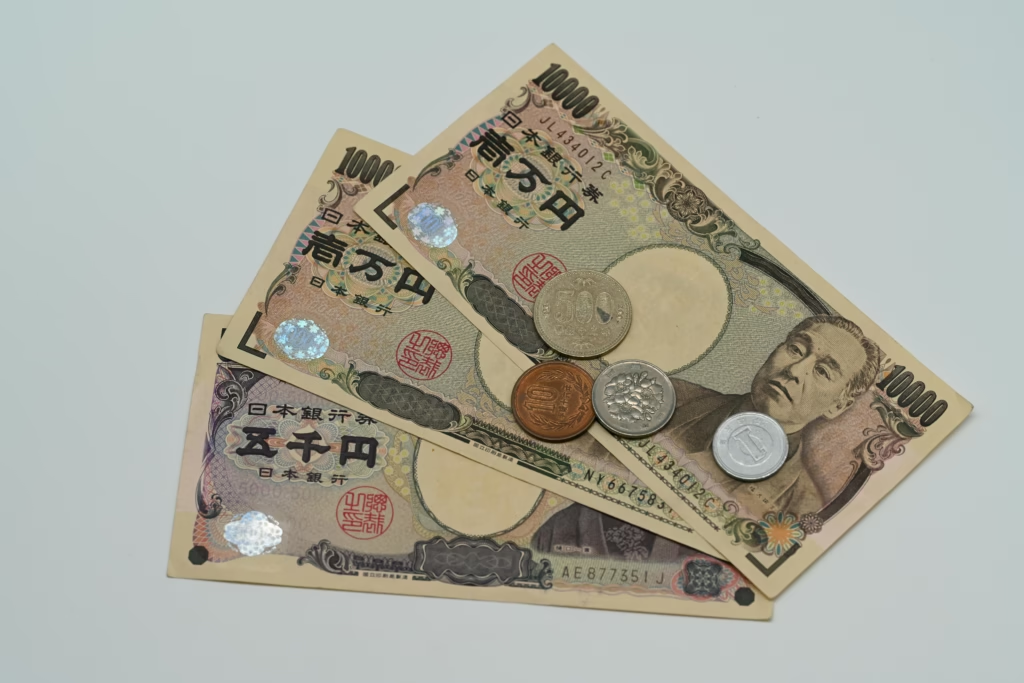A Personal Journey Through the Philippines, Thailand, and Life Abroad as an OFW
Introduction: From Simplicity to Strategy
As someone building a life abroad, my relationship with money has been a fascinating journey of constant evolution. It’s certainly not what I expected when I first left the Philippines, and it’s shifted dramatically through my years in Thailand and now here in Japan. This post delves into my personal experience with OFW Japan finances, exploring the unique challenges and lessons learned along the way.
As an OFW, your relationship with money becomes more than just earning and spending—it becomes a reflection of your values, adaptability, and survival instincts. Here’s how this transformation unfolded across three countries, three systems, and one constantly evolving mindset.
Part 1: Where I Started – Philippines & Thailand
In the Philippines, money felt straightforward: earn, spend, and if you’re lucky, save a little. We mostly used cash, and digital wallets weren’t yet part of daily life. Credit cards? They were for the rich or “well-off.” To me, money was simple and tangible—hand-to-hand transactions.
That view began to shift the moment I landed in Thailand.
Living in Bangkok was my first real exposure to managing money outside of home. I quickly learned the art of haggling and budgeting on a tight income. I could easily survive on 100 baht a day for meals because I wasn’t picky and valued practicality over preference. Food was cheap, transport was accessible, and I felt in control.
Thailand taught me how far money can stretch when you live modestly. It also introduced me to small but consistent saving habits—something I never really practiced back home
This financial freedom in Thailand gave me a strong foundation—but it was only the beginning of my real OFW Japan finances story.
Part 1: Where I Started (Philippines & Thailand)
In the Philippines, money was simple. You earned, you spent, and if you were lucky, you saved a little. Cash was king. Credit cards were seen as something for the privileged. I didn’t grow up thinking much about finances beyond day-to-day survival.
Then I moved to Thailand, and suddenly, everything shifted. The cost of living was lower, and 100 baht a day could easily cover meals. I learned to haggle, budget, and appreciate the stretchability of a single note. I became very mindful of my everyday spending—not because I had a lot, but because I realized how far it could go.
This experience laid the groundwork for a better understanding of value. But it was only a stepping stone toward the deeper money mindset that would come later—during the next chapter of my OFW Japan finances journey.
Part 2: The Japan Shift in OFW Finances
Moving to Japan was like being dropped into a more expensive, more structured financial world. Suddenly, the cost of daily life soared. Rent, transportation, even grocery items—everything had a higher price tag.
The biggest shock, though, came from the tax system and social insurance (shakai hoken). Back in Thailand, income tax was minimal and manageable. In Japan, income tax, city tax, and mandatory insurance took a substantial chunk of my paycheck. It was overwhelming at first—and it took real adjustment to manage my OFW Japan finances effectively.
Opening a bank account in Japan also turned out to be surprisingly complicated. Unlike Thailand or the Philippines, banks in Japan are more rigid. And while I was used to seeing banks inside shopping malls back home, they were far less accessible here.
When I arrived in 2018, Japan was still heavily cash-based. My wallet was always full of coins. But in the past few years, Japan has caught up. Apple Pay, PayPay, and other digital wallets are widely used now. That brought convenience—but also a new issue: I couldn’t track my spending as easily, especially with auto-linked credit cards.
Now, I make a conscious effort to batch my purchases into one shopping trip. It helps me monitor expenses and avoid overspending—one of the harder lessons I’ve learned in managing OFW Japan finances.
Utilities like gas, water, and electricity are also more expensive than what I was used to in Thailand. It’s easy to lose track if you’re not intentional. That’s why I keep a monthly breakdown and check where my money is actually going.
Part 3: My Evolving OFW Japan Finances Story
Today, my relationship with money is far more intentional. I no longer just earn and spend—I evaluate, plan, and reassess. Living abroad has taught me that success isn’t about how much you earn, but how well you manage what you have.
Before I buy anything, I check the total cost with tax and ask myself:
Do I really need this? Will it add long-term value to my life?
That level of scrutiny has helped me avoid impulse spending and stay grounded—especially when it’s easy to fall into consumer habits in a place like Japan.
If you’re someone from the Philippines (or even Thailand) planning to move to Japan, here’s my most practical advice for your OFW Japan finances:
- Always carry some cash — Japan has come a long way, but not every place accepts cards or digital payments.
- Set a budget for variable spending (food, leisure, personal care) and track it monthly.
- Don’t underestimate taxes and insurance — they will take a noticeable portion of your income.
- Start saving early — even small amounts help when unexpected expenses come up.
- Embrace simplicity — not every comfort from back home is a need here.
Final Thoughts: More Than Just Money
This journey has taught me that money is never just about survival—it’s about values. Living in three different countries forced me to look inward and ask:
What truly matters? What am I working for?
My story of OFW Japan finances isn’t just about adapting to new systems—it’s about emotional and personal growth. Learning to live with intention. To spend with awareness. To let go of status and embrace sustainability.
What About You?
If you’re living abroad, how has it changed the way you think about money? Drop a comment below—I’d love to hear your story.



